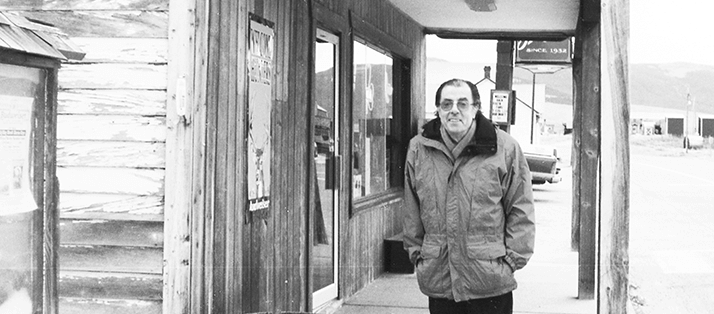
Why he become an analytical chemist:
“It’s a strange story. In 1955, after I had graduated with an MS degree in engineering, a professor at the Ecole Polytechnique in Paris offered me a teaching assistant position. I was assigned to study the instability of ammonium nitrate, which had caused several disastrous explosions. About a year into the project, we were visited by a man who was received with respect by the professor. He told us that he thought the hoists on the boats unloading bags of ammonium nitrate were somehow catalyzing the transmutation of nitrogen into CO, and wanted us to study it. When he left I told my boss that it was a crazy idea. “You are right,” he said, “but he is the son-in-law of the Prime Minister. You want a gas chromatograph to analyze the decomposition gasses of ammonium nitrate? Well, this is a way to get it!” He contacted the prime minister’s office – this was in 1956, when there was very little money for scientific research – and within two weeks we had a beautiful PerkinElmer chromatograph. A year later we submitted a report showing that no CO was formed in the decomposition of ammonium nitrate. This drew an irrascible phone call from the government office informing us that the prime minister had changed and they had no interest in it. End of story. But it got me started in gas chromatography.”
A career highlight:
“A large part of the work on nonlinear chromatography was done with a guy from Iran who is now president of a US company. He first came to America in the late 1970s but went home after a year – it was at the time of the crisis at the US Embassy in Tehran. About a year later, a close friend of his was kidnapped and killed by the Iranian police and he returned. At the time I was the most recent professor appointed at Georgetown University so he was assigned to me and I quickly found that he was very smart with good mathematical training but completely unable to write in English. But his equations made sense and there was just about enough writing in between. I have brought people to work with me from Central Europe, Russia, Cuba, Iran, China, and that is what has given me the greatest satisfaction.”




